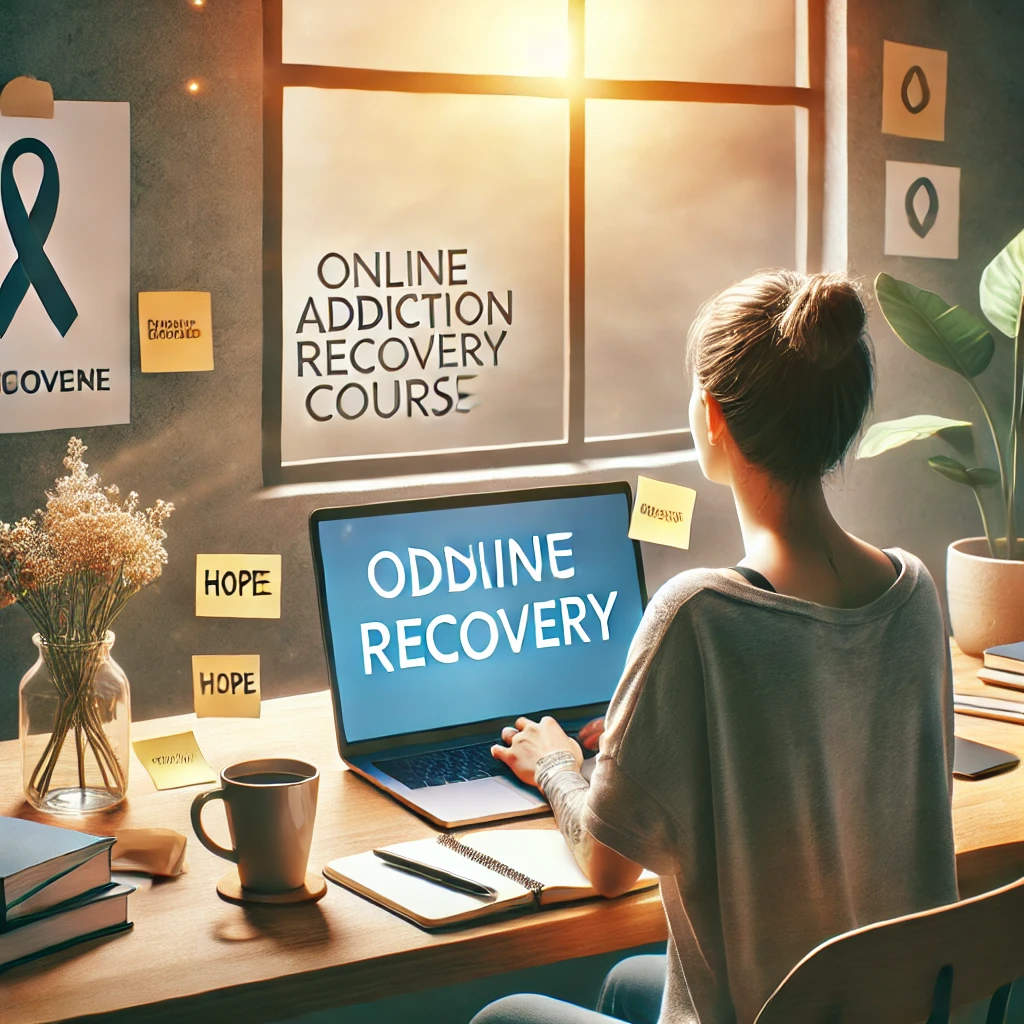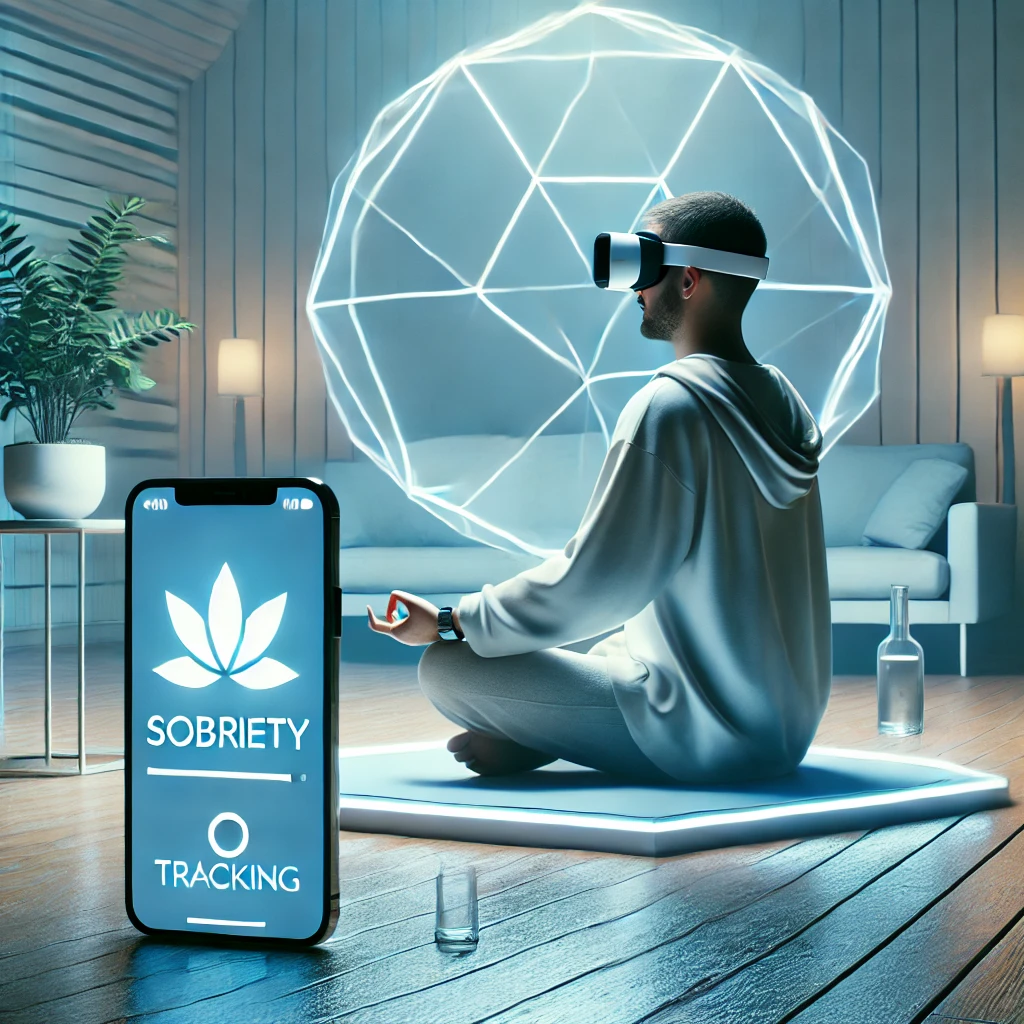
What Does Breaking the Cycle of Addiction Really Mean?
Breaking the cycle of addiction isn’t just about quitting a substance. It’s about changing your habits, mindset, and environment so you can build a better life; one where addiction no longer controls you.
At Live Rehab, we focus on holistic, non-traditional addiction recovery. That means helping you recover at home, without relying on expensive inpatient rehab programs.
Step 1: Understand Your Triggers
Every addiction has a trigger; something that sets off the craving. These can be emotional (like stress or sadness), social (like certain people), or environmental (like places or routines).
Action Tip:
Write down your top 3 triggers and how you usually react to them. Awareness is the first step in breaking the pattern.
Step 2: Build a Personalized Recovery Plan
A one-size-fits-all plan doesn’t work for addiction. You need something tailored to your life, values, and goals.
LiveRehab.com offers online courses and tools to help you do just that; from building healthy routines to managing cravings in real time.
Key Elements of a Good Recovery Plan:
- Daily structure and routines
- Emotional support (family, friends, or community)
- Long-term goals to work toward
- Coping strategies for when cravings hit
Step 3: Focus on Physical and Mental Healing
Addiction impacts both your body and mind. Recovery means healing both. That includes:
- Getting enough sleep
- Eating nutrient-rich foods
- Exercising regularly
- Practicing mindfulness or meditation
These steps rebuild your brain chemistry naturally, improving your mood and lowering relapse risk.
Step 4: Replace Addiction with Purpose
Many people relapse because they feel lost or empty. Finding purpose fills that void.
Ask yourself:
- What gives your life meaning?
- What hobbies or interests light you up?
- How can you contribute to others?
Purpose is your most powerful tool in recovery.
Step 5: Stay Consistent, Even When It’s Hard
Recovery is not a straight path. You will have good days and bad days. What matters most is staying consistent.
If you slip, don’t give up. One mistake does not mean failure.
Use tools like our Live Rehab Recovery Journal or daily check-ins to track your progress and stay accountable.
Why LiveRehab.com Works for Thousands of People Worldwide
At Live Rehab, we’ve helped people in over 100 countries recover from addiction at home. No judgment. No shame. Just real strategies that work.
✅ 100% online
✅ Self-paced courses
✅ Affordable and private
✅ Designed for long-term success
Take the First Step Today → Explore Our Programs
Final Thoughts
You can break the cycle of addiction. It starts with small, consistent actions; like the ones above. You don’t need to hit rock bottom. You just need to be ready to take back your life.
We’re here to support you, every step of the way.



